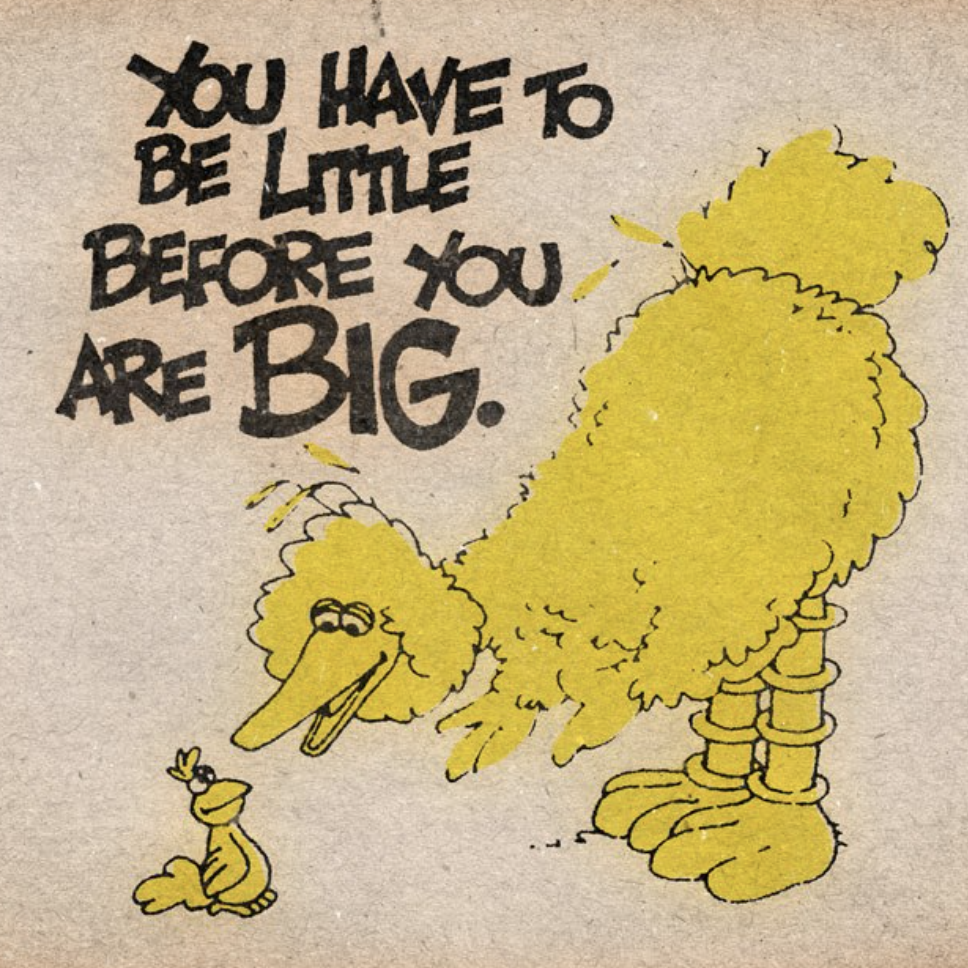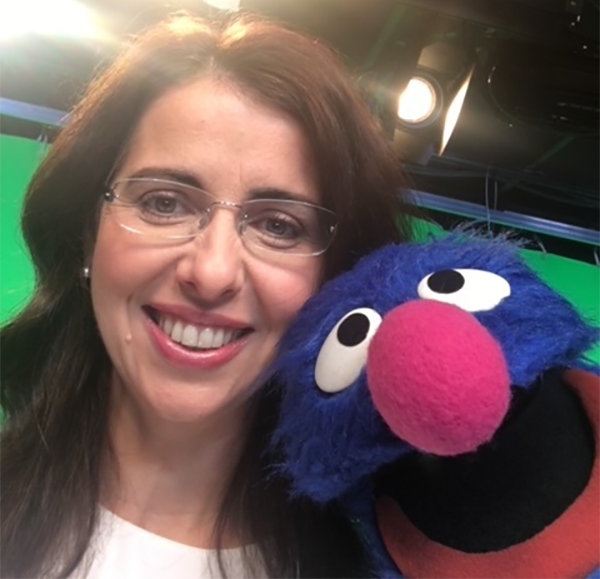👋 Welcome to Starting Early. Every other week, we spotlight new reports, useful news, engaging interviews with people doing important work in the field, and interesting takes on issues that matter.
For this week’s issue, we welcome guest editor Isabelle Hau, who curated our content on the power of play. Play is crucial to children’s learning and development. When kids engage in play, they learn to communicate, build motor skills, and increase their socioemotional wellbeing. Simply put, play builds happy and healthy bodies, minds, and hearts in children. ❤️
As a thought leader in education and a mother of two, Isabelle is well acquainted with the importance of play. Bringing over 20 years of experience in philanthropy, impact investing, and education, Isabelle strives to increase access to high-quality, affordable and joyful learning experiences. She founded and led the US education practice at Omidyar Network and spun off Imaginable Futures, a venture of The Omidyar Group. In recognition of her work in addressing educational inequities, Isabelle was awarded the Inclusive Leader Award in Early Childhood Education by Global MindED in 2021.
Isabelle is an author, too. She’s working on a book exploring the future of learning and writes Small Talks, a weekly newsletter sharing reflections and joys in early childhood.
Read on and click the links to learn more.
1. Playing to learn by Isabelle Hau
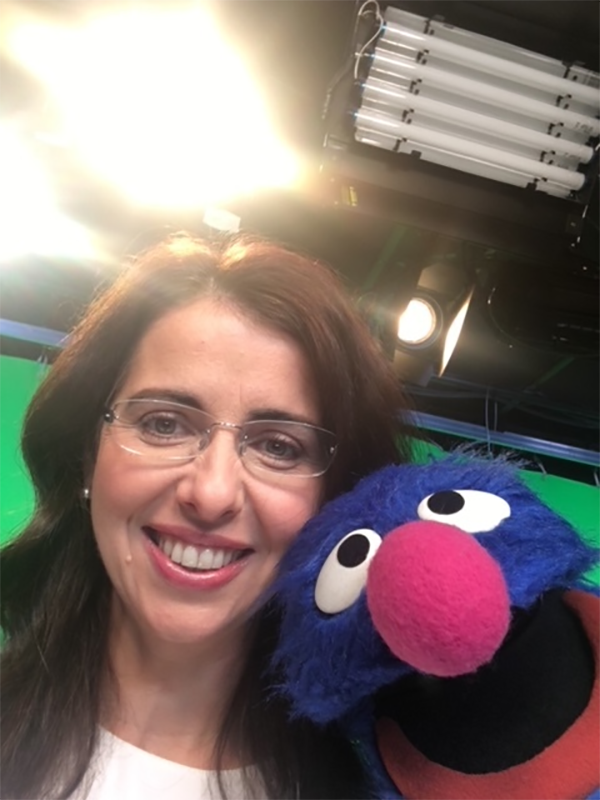
In 2016, I attended a gathering of education entrepreneurs and funders organized by early-stage EdTech investor Reach Capital. One thing I vividly recall is a session focused on play.
The deceivingly simple session was coordinated by play master Jill Vialet, founder of Playworks, a nonprofit that designs play-based activities for recess — mostly for children in elementary public schools, and also occasionally for adults in workplaces. As adults, the concept of play was rather foreign at first. But the session brought laughter and joy, and also catalyzed deep human connections and relationships that still last today.
I also saw the impact outdoor play has on learning and development among little learners as a board member of Tinkergarten, an organization that has facilitated guided outdoor play classes for over 450,000 families across the US. I heard numerous stories from parents and children about play driving greater curiosity, empathy, and creativity.
More recently, during COVID-19, an elementary teacher in Pickens County, South Carolina, shared his experience introducing more play time for children in his district. He calls it the no-cost miracle because his school experienced no learning loss and academically outperformed others. He also found children who play more were happier, less stressed, less isolated, more motivated, and built stronger peer relationships.
The magic of play I experienced during the Reach Capital event, observed at Tinkergarten, and heard from the teacher in South Carolina has now been studied in adults, and even more so in children. Scientists estimate that it takes 400 repetitions to create a new synapse in the brain unless it’s done in play — in which case it takes only 10 to 20 repetitions. Play leads to changes at the molecular, cellular, and behavioral levels, the American Academy of Pediatrics finds.
Play builds imagination and skills of the future. It fosters cognitive growth. It delivers social, emotional, and behavioral benefits, and it improves literacy and math.
Unfortunately, there are signs that play is declining:
- Children today spend half as much time playing outside as their parents did
- Children’s screen time increased by 50% during the pandemic
Play is learning. Play is so critical to human development that the United Nations lists it as one of the basic rights of every child. Let’s make play an essential and equitable piece of our lifelong pursuit of happiness.
2. Making play equitable
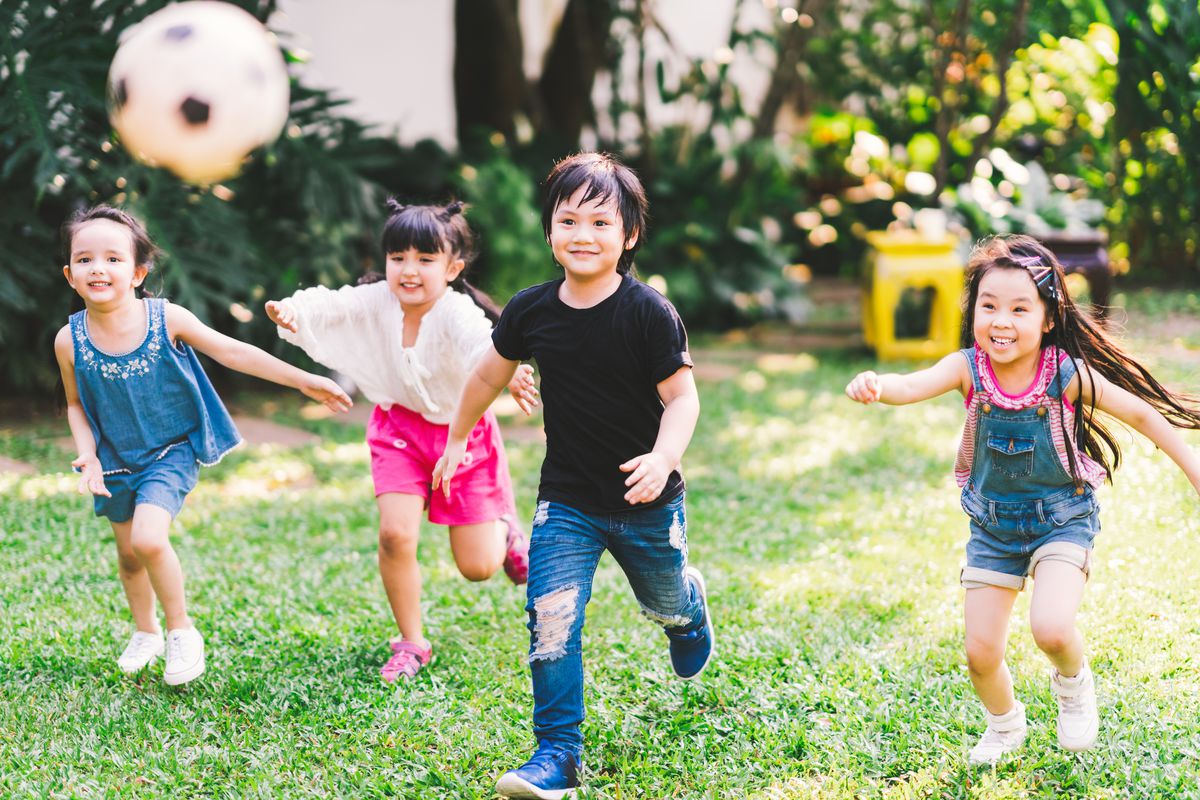
As crucial as play is to childhood learning and development, there is disparity in how much playtime children get based on their socioeconomic situation. Students attending schools in low-income communities in large, urban areas:
- Have 18 minutes of daily physical activity, compared to 45 minutes for more affluent kindergarteners.
- Average 2.5 hours each school day sitting and waiting quietly during class transitions
- Have less financial support, with PTAs spending on average $15,000 annually to support educational experiences vs. $780,000 at wealthier schools
- Disproportionately lack access to quality play spaces.
In many US schools, standardized assessments serve as quality-control measures. More affluent students often receive more play-oriented education that emphasizes student autonomy and engagement through social collaboration and creative inquiry, which improves test scores.
Benefits of play: Play is the most effective no-cost tool for closing opportunity, inclusion, and achievement gaps in children ages 3 to 8.
In fact, children of mothers who initiated guided play or hands-on, educational games have significantly higher IQs, are 26% more likely to receive higher education diplomas, and 37% more likely to earn more income in adulthood. The benefits of play are so numerous that pediatricians have even called for prescriptions for play during well child visits.
With the COVID-19 pandemic exacerbating adverse childhood experiences —and causing concern about cognitive development, early learning skills, and mental health — it’s more important than ever for children to recover socially, emotionally, and academically in the most effective and positive ways possible.
3. Dispatches from the field: Building bonds across generations
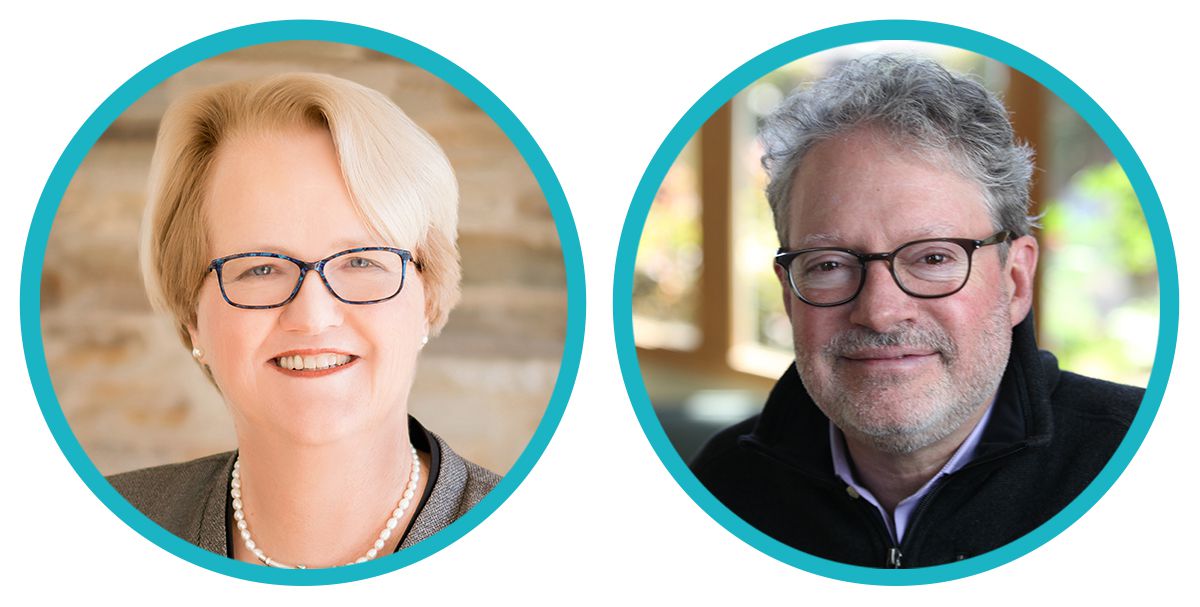
We were honored that Isabelle introduced us to Carol Larson and Marc Freedman. Carol is a scholar at the Stanford Center on Longevity, a nonprofit addressing the challenges of aging populations in the US and abroad, and was formerly president and CEO of the David and Lucile Packard Foundation. Marc is president, CEO, and founder of Encore.org, a San Francisco nonprofit working to bring older and younger people together to solve social problems and create an intergenerational society.
Together, Carol and Marc are working on an innovative proposal to create a “Caring Corps” of older Americans providing early childcare and education.
The Caring Corps model: “The overarching goal is to work with kids in birth through three or five where we use older adults in a significant way — not just stuffing envelopes — but working directly with young people,” Marc says. “We’re also interested in providing older adults with the opportunity to use a period of service in Caring Corps as a platform for an ‘encore’ career working in the early childhood arena, so we would offer them training and support to do that.”
A much-needed solution: “Marc and I felt this is the right time to take action to bring generations together. There’s been increasing age segregation in our society and also a revolution in what we understand about the importance of those first five years and the role relationships play in a child’s emotional and cognitive development,” Carol shares.
Creating a connected society: “Carol has talked about changing norms and I think that’s central to our aspirations — to extend the grandparent relationship beyond families, into communities,” Marc explains.
Read the full interview here.
One smile to go: Small Talks highlights 😀
In her weekly newsletter, Isabelle notes impactful research, quotes, books, and media pertaining to the early years. We pulled some of our favorite content emphasizing the importance of play:
- A lesson on brain science — Seven-year-old Molly Wright, one of the youngest TED speakers ever, gave an amazing TED talk on how play can help build imagination, empathy, memory, and trust in young children.
- All work and no play — The 2021 documentary “Chasing Childhood” analyzes trends in overparenting and overscheduling at the expense of free play and independence.
- Bringing the classroom outdoors — To lessen the risk of exposure to COVID-19, some schools have shifted to outdoor learning. Outdoor learning has benefits beyond COVID mitigation, including increased student concentration and engagement as well as decreased stress.
- Taking action —Many organizations use play as a foundation to their work. Tools of the Mind offers an evidence-based, play-based curriculum in preschool settings. Tiny Trees Preschool and Outdoor Afro encourage kids to explore nature and engage in outdoor play. KABOOM! makes play accessible by building play spaces in under-resourced communities.
- A shift in mindset — “When did play become a dirty word?” asks Dr. Kathy Hirsh-Pasek, professor of psychology at Temple University. “What counts as success? Maybe success is more than a test score — especially when the tests aren’t formative. They don’t help you learn. They create trepidation. We need a new mindset that builds on what we know about how children learn.”
Must read: Subscribe here to read more inspiring content from Small Talks and follow Isabelle on Twitter at @Volcoucou.
